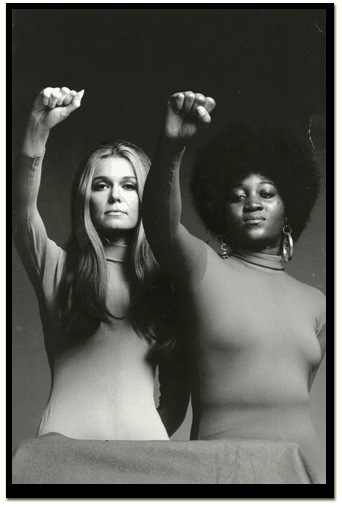
One of the most incisive responses to some of the rhetoric we’ve been hearing in the wake of the Steubenville rape verdict is this blog post over at The Belle Jar. It articulates a discomfort many of us have with the sentiment (invoked in many contexts), “Imagine if the victim was your sister, or your daughter, or your wife.” Read the whole piece. This is what impassioned cultural criticism can do.
Meanwhile, here’s an excerpt:
The “wives, sisters, daughters” line of argument comes up all the fucking time. President Obama even used it in his State of the Union address this year, saying,
“We know our economy is stronger when our wives, mothers, and daughters can live their lives free from discrimination in the workplace, and free from the fear of domestic violence.”
This device, which Obama has used on more than one occasion, is reductive as hell. It defines women by their relationships to other people, rather than as people themselves. It says that women are only important when they are married to, have given birth to, or have been fathered by other people. It says that women are only important because of who they belong to.
Women are not possessions.
Women are people.
I seriously cannot believe that I have to say this in 2013.
On top of all of this, I want you to think of a few other implications this rhetorical device has. For one thing, what does it say about the women who aren’t anyone’s wife, mother or daughter? What does it say about the kids who are stuck in the foster system, the kids who are shuffled from one set of foster parents to another or else living in a group home? What does it say about the little girls whose mothers surrender them, willingly or not, to the state? What does it say about the people who turn their back on their biological families for one reason or another?
That they deserve to be raped? That they are not worthy of protection? That they are not deserving of sympathy, empathy or love?
And when we frame all women as being someone’s wife, mother or daughter, what are we teaching young girls?
We are teaching them that in order to have the law on their side, they need to be loved by men.
Read the whole thing at The Belle Jar.
Photograph of Gloria Steinem and Flo Kennedy.




